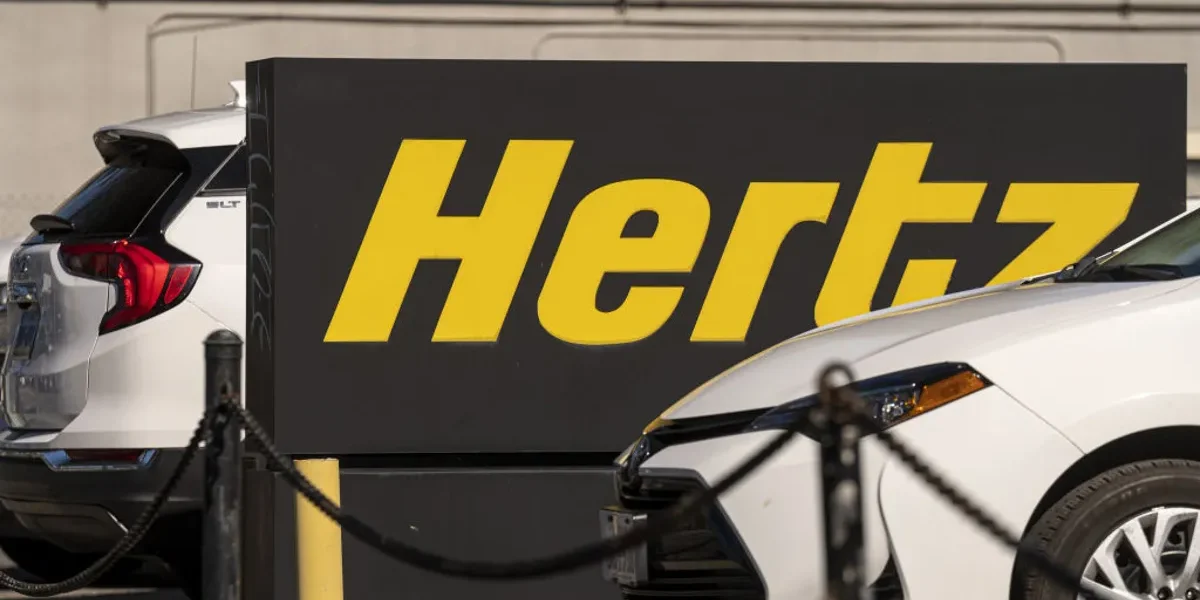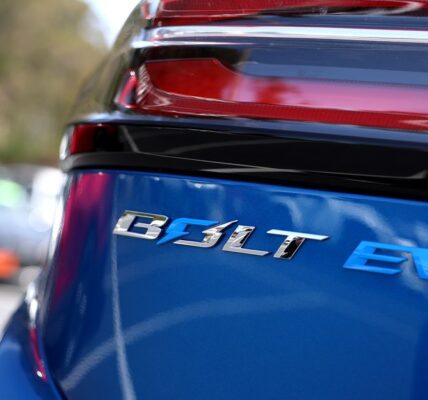Electric vehicle sales are booming, with EVs representing more than 7% of all new light vehicles registered in the US in January. That’s a 74% increase from just a year ago, according to data from Experian.
But many people in the US are still nervous about taking the plunge. A survey from transportation solutions company Verra Mobility found nearly 80% of respondents had concerns about “range anxiety,” the fear of not being able to find a charger or even running out of power while on the road.
A 2020 report from AAA found that actually driving an EV was the best way to alleviate range anxiety. Of 40,000 EV owners surveyed, 77% said they were less or no longer concerned about range.
But if dropping $40,000 on a Tesla and hoping for the best seems a bit drastic, there’s a less risky option: Rent one.
According to Verra’s online survey, conducted in April with 2,000 US adults 25 and older, 78% said they would consider renting an EV on their next vacation or business trip as a way to get acclimated to the cars. And 40% said that if cost wasn’t a factor, they’d rent an EV over an internal combustion engine vehicle. (Less than 20% said they’d rent a gas-powered auto regardless of price.)
“Drivers want to make sure they have convenient charging options and have concerns about vehicle maintenance,” Steve Lalla, Verra executive vice president, said in a statement. “This is why a ‘try before you buy’ approach is popular among many drivers in the US.”
Car rental companies are betting on electric vehicles, too. Hertz has emerged from its 2020 bankruptcy but it’s still third in the market, behind Enterprise and Avis Budget. The 105-year-old company is looking to boost its standing by increasing its EV offerings.
This spring, Hertz put in orders with Tesla, General Motors and Polestar that will add 340,000 more EVs over the next four years and create what CEO Stephen Scherr described as “the largest electric vehicle rental fleet in North America.”
By the end of next year, EVs will represent a quarter of the company’s fleet, according to a company fact sheet, up from just 10% now.
Hertz, which also owns Dollar and Thrifty, expects to log nearly 2 million EV rentals by the end of 2023, roughly five times 2022’s figures.
“[Our] customers are foundational to global mobility, but many have yet to experience an EV,” the company said in a statement. “Providing people an EV ‘test drive’ through Hertz is a critical step toward adoption.”
Enterprise didn’t have data available on its EV fleet, but a spokesperson told CNET the company’s research indicated nearly half of potential customers said they’d consider renting an EV as a chance to try one out.
EVs still typically cost more to rent than gas-powered automobiles, but rental companies are offering discounts and incentives, like letting customers return their car with only a partial charge. And a growing number of employers are choosing electric vehicles for business travel to offset their overall carbon footprint.
To help combat range anxiety, Hertz is collaborating with BP on a national network of charging stations and has partnered with Uber to allow ride-hailing drivers to rent EVs for their shifts.
The road ahead looks even brighter. The EV rental car market was valued at $9.13 billion in 2021, according to Mordor Intelligence, and is on track to more than double that by 2027.








